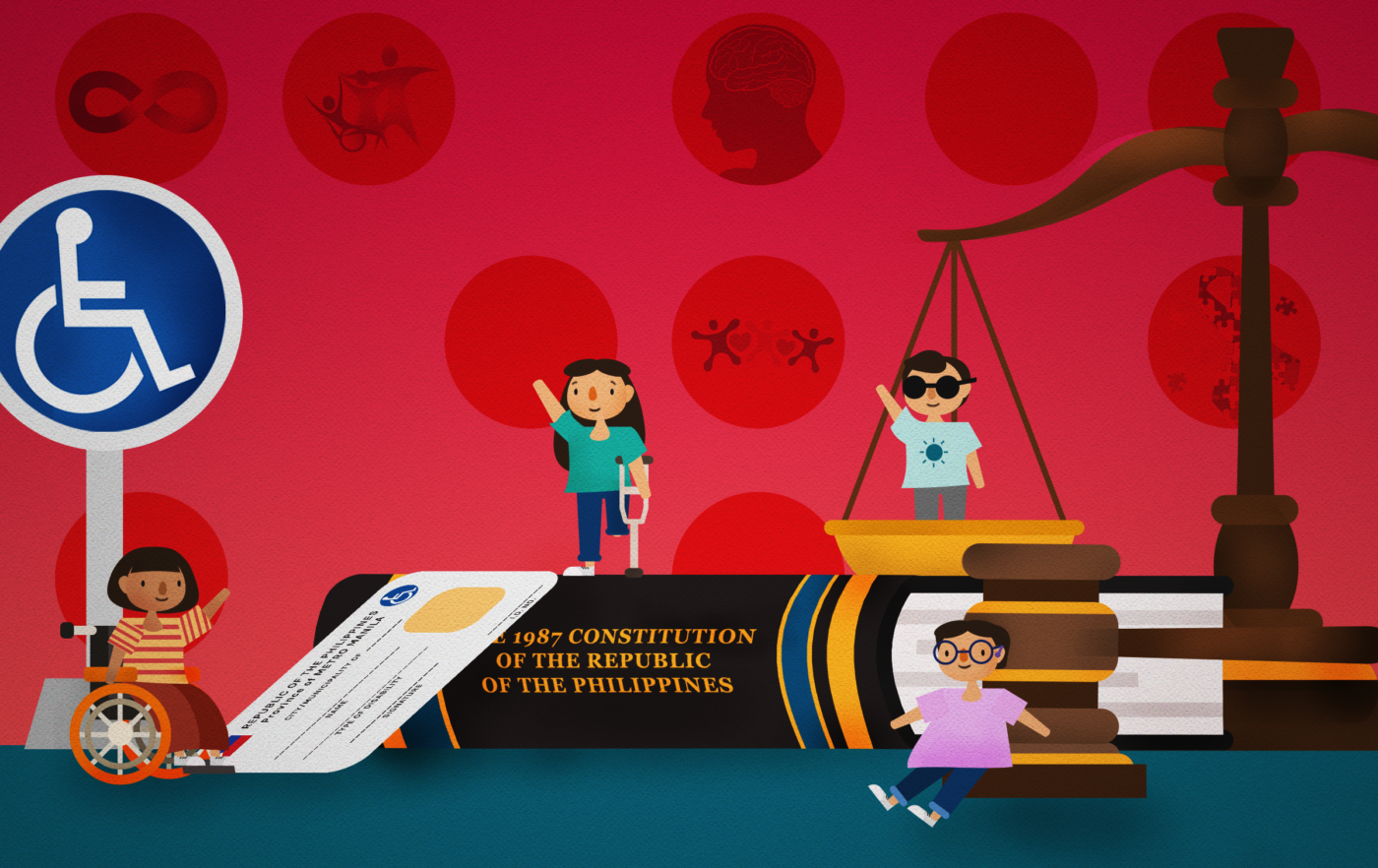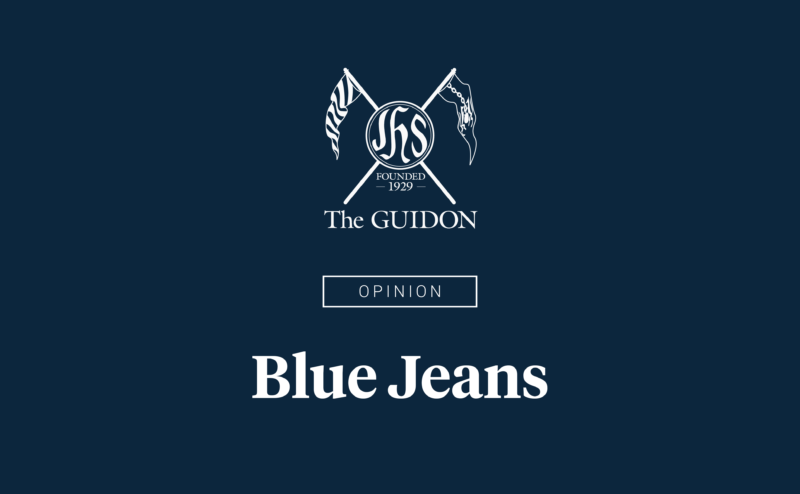AS DEFINED by the Republic Act 7277 or the Magna Carta for Disabled Persons, Persons With Disabilities (PWDs) are “those suffering from restriction or different abilities, as a result of a mental, physical or sensory impairment, to perform an activity in the manner or within the range considered normal for a human being.”
However, the approximately 1.44 million-strong population of PWDs remain at the margins of our country’s cultural, economic, and political landscapes and continue to be underrepresented in Congress in terms of both the legislators themselves and the laws legislated.
The government as a whole has attempted to accommodate PWDs by passing policies, programs, and national legislation. Barring the Magna Carta for Disabled Persons mentioned earlier, other acts concerning the additional expansion of PWD services and welfare also exist. For instance, Republic Act (RA) 10070 encourages establishing a Persons with Disability Affairs Office (PDAO) in every locality, while RA 10524 expands employment opportunities for PWDs, and RA 10754 likewise expands benefits and privileges of PWDs such as a 20% discount and exemption from the value-added tax.
In relation to legislation, the incumbent House of Representatives also devotes a distinct Persons with Disabilities Committee to deliberate on all matters related to the rights and welfare of PWDs and the enhancement thereof through policies and programs. The special committee presently has about 55 bills pending referral and is chaired by Negros Occidental 5th District Representative Ma. Lourdes T. Arroyo—a PWD herself.
Even with a handful of laws and programs aiming to protect their rights, PWD advocates criticize that accessibility to basic services still remains out of reach for most members of the community. One report revealed that the majority of provinces and high-income municipalities remain non-compliant in setting up PDAO’s as encouraged by law.
This is a phenomenon that has only been exacerbated by the COVID-19 pandemic and ensuing health regulations. In 2020, around 70 percent of PWDs reported that the pandemic had affected their job security.
Over the past two years, several government bodies have since drafted several policies and programs aimed toward the needs of PWDs. However, insufficient funding and gaps in implementation have dampened their positive impact on the target demographic. The problem, then, is not so much a lack of policies, programs, and legislation, but the subsequent enforcement.
This ostensibly loops back to the call for proper representation—especially in government bodies—so PWDs may make their grievances as well as problems visible and be included in the decision-making process.
By observing proper PWD representation, genuinely beneficial policies and programs and fair enforcement thereof should follow. Only then will the greater accessibility of services and commodities, less discrimination, and an improvement in this vulnerable sector’s overall well-being will be accomplished.




